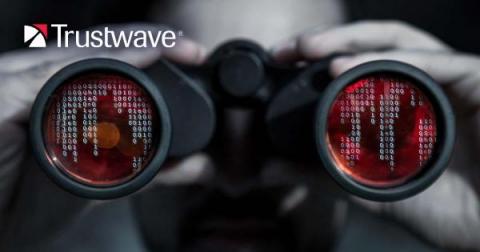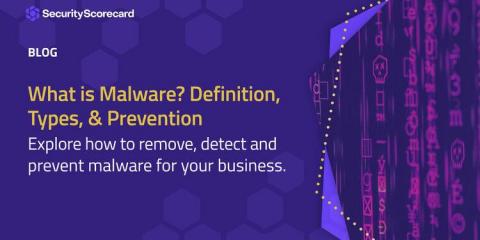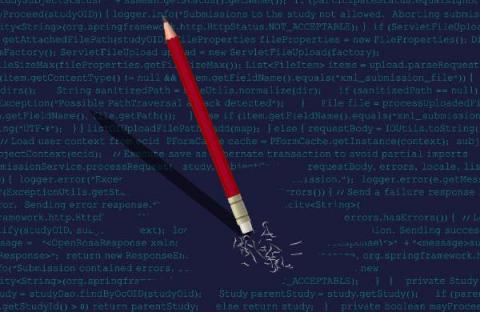7 AWS Security Tools for 2023
AWS (Amazon Web Services) allows businesses to quickly and securely build and scale applications. Hence, there is exponential growth in AWS usage among businesses and organizations. For example, As of 2020, AWS held 76% of enterprise cloud usage, reflecting the power and importance AWS holds. This increased use of AWS tools and services opens new doors for cyber attackers. However, AWS is a very reliable cloud service provider that works hard to ensure protection over its infrastructure.











